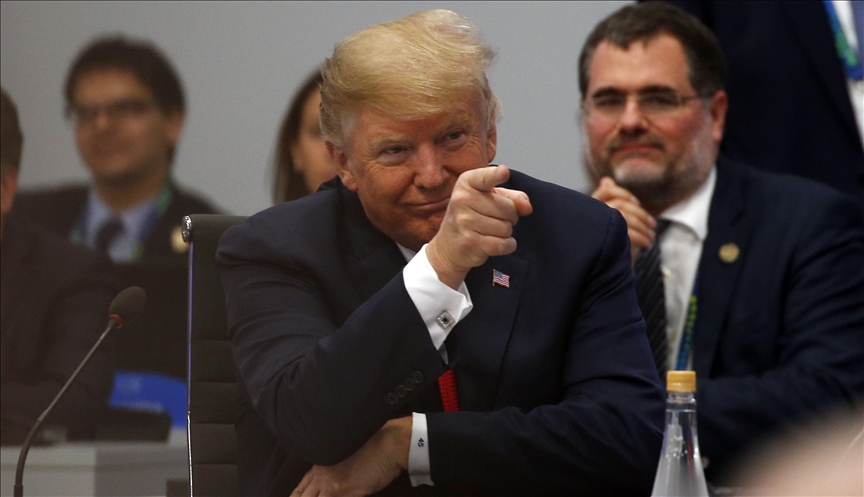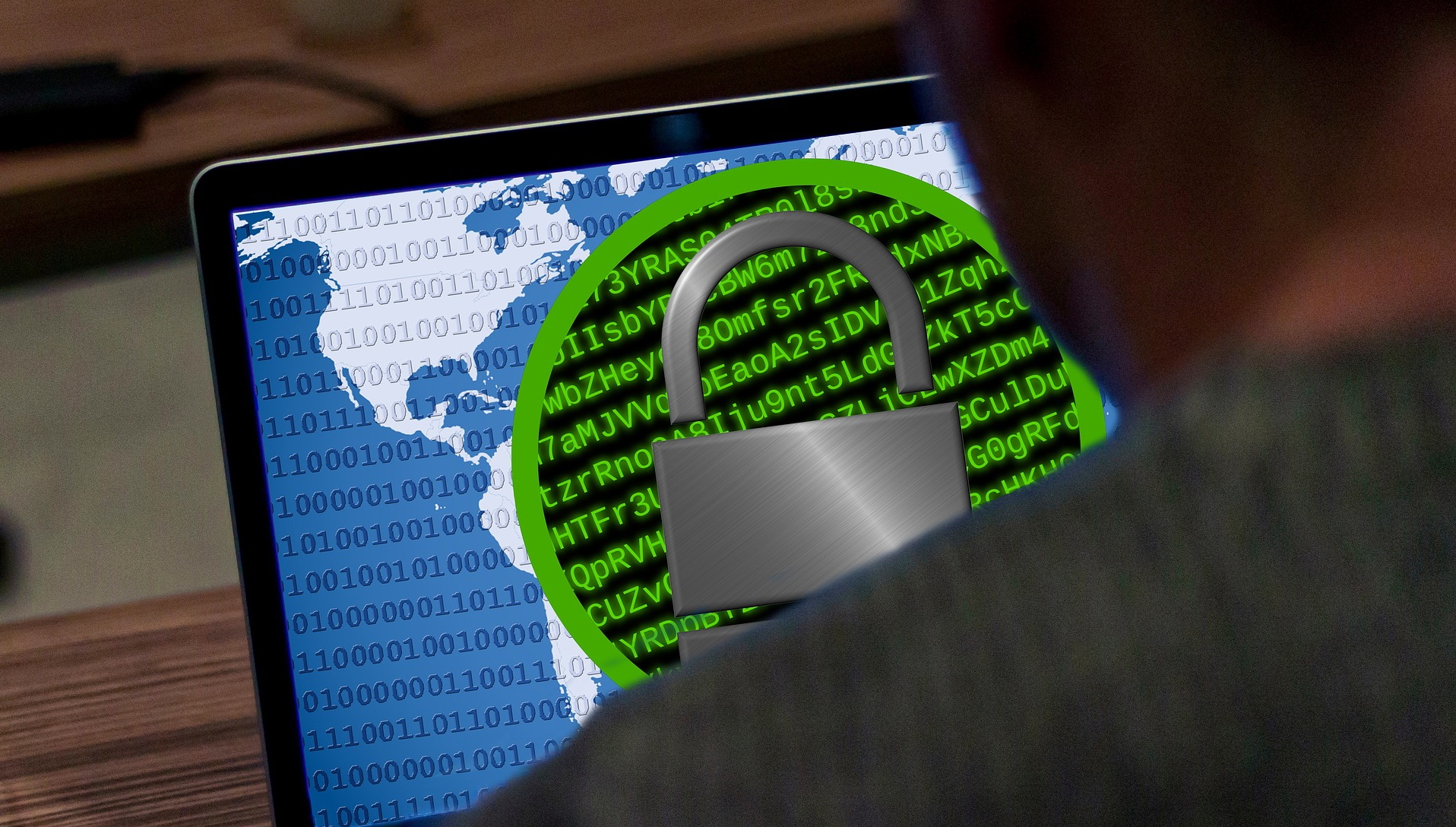Supporting Ukraine is in Trump’s interest
Trump's drive to broker peace in Ukraine exposes a stark paradox: America's global power rests on the very aid he has threatened to cut.


NEW YORK – Even before taking office, Donald Trump has launched a diplomatic effort to end Russia’s war against Ukraine, calling for an “immediate ceasefire” after meeting Ukrainian President Volodymyr Zelenskyy in Paris in early December.
Trump is right to seek an end to the war. Despite a recent surge in US military assistance and a greenlight for the Ukrainians to strike targets deep inside Russia, Ukraine continues to lose ground in the east, while suffering withering air attacks across its territory. Even if Russia cannot defeat Ukraine’s forces, a war that drags on indefinitely could eventually turn Ukraine into a failed state.
Still, as Trump tries to push Ukraine and Russia toward a ceasefire, he should recognize that it is in his own political interest — as well as America’s national interest — to continue providing significant support to the Ukrainians, and only to accept a deal that produces a sovereign, secure Ukraine.
He should stop talking about ending assistance, and start making the case to a reluctant but generally obedient Republican Party that continued aid is essential to getting a durable ceasefire and ultimately defeating the Kremlin’s effort to subjugate Ukraine. Any other outcome would pose a significant threat to US interests worldwide and to Trump’s standing as a world leader. Securing a durable ceasefire will require pledges of long-term US assistance to Ukraine: if Russian President Vladimir Putin thinks that American support is coming to an end, he will have every reason to keep fighting.
If Ukraine’s defenses were to collapse, the sight of Russian forces taking ever more territory, with Russian tanks potentially rolling into Kyiv, would dash Trump’s hopes of being seen as a great peacemaker. Instead, he would end up with his own version of Afghanistan.
In contrast, if Putin knows that US aid will flow to Ukraine for the indefinite future, he will understand that he can’t win, making it much more likely that he will engage in sincere efforts to end the war.
So, too, will the continued flow of US aid be necessary to ensure that a ceasefire leads to an outcome that is in the long-term interests of Ukraine and the West. Trump cannot afford to throw Ukraine under the bus by signing off on a deal that leaves the country permanently subjected to Russian predation and coercion. A subjugated Ukraine would be a victory not only for Russia, but also for China, Iran, and North Korea. With these countries supporting Russian military aggression, the war represents the first joint venture of an emerging Axis of Autocracies.
If Trump loses Ukraine, he will further embolden America’s enemies and cast doubt on US strength and the durability of its alliances.
A bad deal for Ukraine is a bad deal for Trump.
Instead, Trump should accept only a settlement that ensures that the roughly 80% of Ukraine that is still under the control of the government in Kyiv emerges as a sovereign and secure success story. That outcome will require a commitment to provide Ukraine, for years to come, with the arms and financial assistance it will need to defend itself and rebuild its economy. Securing a deal that produces a stable and secure Ukraine could be more difficult than Trump thinks. Dividing up territory is the easy part. Who controls what territory will be determined by the disposition of forces at the time of the ceasefire. The front line on the battlefield is likely to become the new border between a rump Ukraine and the roughly 20% of the country occupied by Russian forces.
But Russia is unlikely to leave it there. Putin could well demand Ukrainian neutrality and limits on the size of its armed forces – just as he did in 2022. Trump must understand that these conditions are non-starters; they would leave Ukraine intolerably exposed and vulnerable. Whether Ukraine’s future lies as a member of NATO or as a party to other security guarantees, Trump cannot give Putin a veto over Ukraine’s geopolitical alignment.
Putin also may insist on formal US recognition of the occupied parts of Ukraine as Russian territory, and on the removal of Western sanctions against Russia. Again, Trump cannot afford to acquiesce; doing so would grant legitimacy to Russia’s forcible annexation of another country’s territory.
As he did just before his invasion, Putin may demand broader revisions to the European security order and a reduction or withdrawal of allied forces from NATO’s eastern flank. Here, too, Trump must stand firm. Given the ongoing threat that Russia poses to the West, the US cannot afford to weaken NATO’s defenses.
Finally, Trump needs to understand that he cannot strike a deal with Putin without getting America’s European allies on board. Whether he likes the European Union or not, he needs a strong, secure, and unified Europe as a capable ally. At a time when many countries are questioning US leadership and flirting with alternative alignments, the US and its European allies must remain in lockstep.
A ceasefire deal in Ukraine that comes at the expense of allied unity would be a grave mistake.
A divided Atlantic alliance and a fractured EU would leave the US without the strong European partner it needs not only to counter Russia, but also to promote stability in an increasingly unruly world.
Trump is right to try to end the war and stop the death and destruction. But he should launch that effort with eyes wide open about how challenging it will be to get a deal that leads to a secure and sovereign Ukraine.
Anything short of that outcome would embolden adversaries, split the Atlantic alliance, and constitute a grievous failure of US diplomacy. And it would all happen on Trump’s watch.
Copyright: Project Syndicate. This article was published by Project Syndicate on 30 December 2024 and has been republished by Euromaidan Press with permission.
Editor’s note. The opinions expressed in our Opinion section belong to their authors. Euromaidan Press’ editorial team may or may not share them.
Submit an opinion to Euromaidan Press
Read also:
• Why “war fatigue” is a misleading lense for understanding Ukraine
• Putin’s nuclear threats aim to scare the West – but Ukraine’s allies are calling his bluff
• Trump’s 24-hour Ukraine peace plan risks unleashing decades of bloodshed


